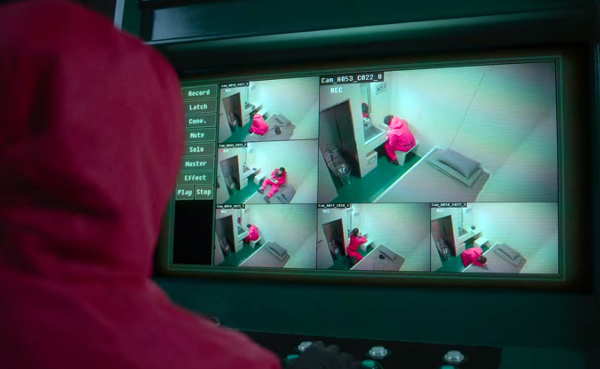When Everyone is Watching: Chemyon, Squid Game, and the Persistence of Digital Surveillance in South Korea-- By ChloeJo - 01 Dec 2024
Footnotes1 There is a saying in Korea "A cornered stone meets the mason's chisel." It means that it is better to live in harmony with other by living like others. |
|

